FYI : The gardening game : Do you know where your seeds come from
rootdiggernc
15 years ago
Related Stories

FUN HOUZZEverything I Need to Know About Decorating I Learned from Downton Abbey
Mind your manors with these 10 decorating tips from the PBS series, returning on January 5
Full Story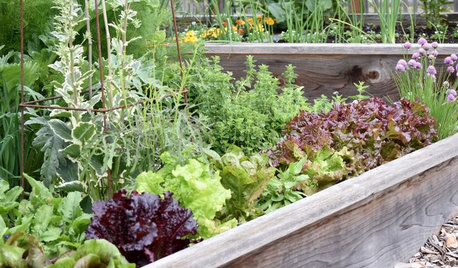
GARDENING GUIDESSeeds or Seedlings? How to Get Your Garden Started
Growing delicious herbs and vegetables starts with knowing your goals and when you want to plant
Full Story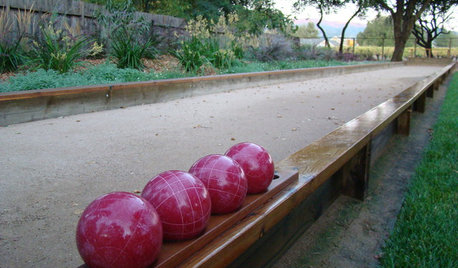
GREAT HOME PROJECTSWhat to Know About Adding a Backyard Bocce Ball Court
A regulation court in a relaxed setting helps you get the most from the Italian pastime. Here's what it takes to build one at home
Full Story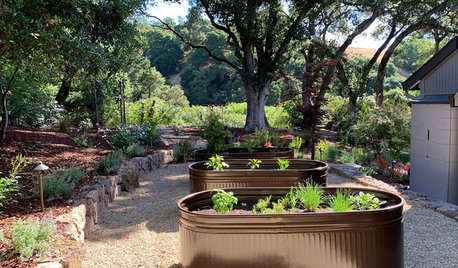
FARM YOUR YARD6 Things to Know Before You Start Growing Your Own Food
It takes time and practice, but growing edibles in the suburbs or city is possible with smart prep and patience
Full Story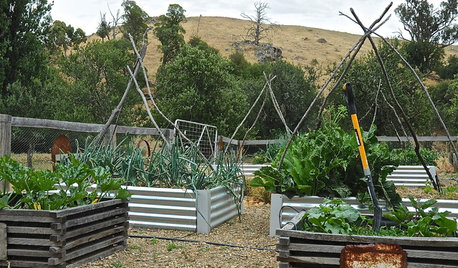
FARM YOUR YARD9 Ways to Change Up Your Vegetable Garden for the Coming Season
Try something new for edible plantings that are more productive than ever
Full Story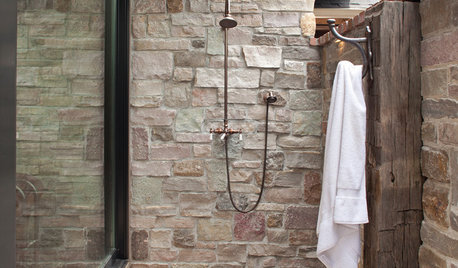
GARDENING AND LANDSCAPING28 Outdoor Projects Everyone Should Know About
Learn how to refinish your wood deck, make a garden fountain, add a shed and more
Full Story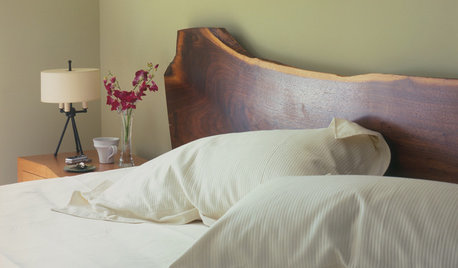
HEALTHY HOMEWhat You Need to Know About Dust and How to Fight It
Breathe easier with these 10 tips for busting mites, dander and other microscopic undesirables
Full Story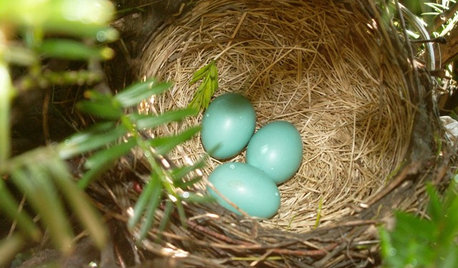
GARDENING FOR BIRDSWhat to Know About Birds Nesting in Your Yard
Learn how to observe, record data and help ornithologists with NestWatch’s citizen science project understand bird trends
Full Story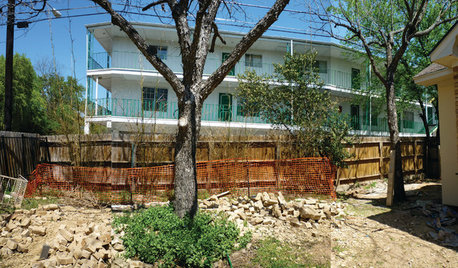
BEFORE AND AFTERS6 Dramatic Garden Makeovers, From Backyard to Rooftop
It's almost hard to believe how far these landscapes have come. Have a look and get ideas for your own garden transformation
Full Story
EVENTS15 Art and Design Events to Know for February
Revel in a month’s worth of art, gardening, architecture and more
Full Story





Lynda Waldrep
nancyofnc
Related Professionals
Comstock Park Landscape Architects & Landscape Designers · Lowell Landscape Architects & Landscape Designers · Waunakee Landscape Architects & Landscape Designers · Alexandria Landscape Contractors · Jackson Landscape Contractors · Bloomington Landscape Contractors · Boca Raton Landscape Contractors · Canton Landscape Contractors · Gainesville Landscape Contractors · Harvey Landscape Contractors · Kaneohe Landscape Contractors · Methuen Landscape Contractors · Middletown Landscape Contractors · Wailuku Landscape Contractors · West Orange Landscape Contractorstrianglejohn
dottie_in_charlotte
blueangel
tamelask
trianglejohn
mbuckmaster
blueangel
nancyofnc